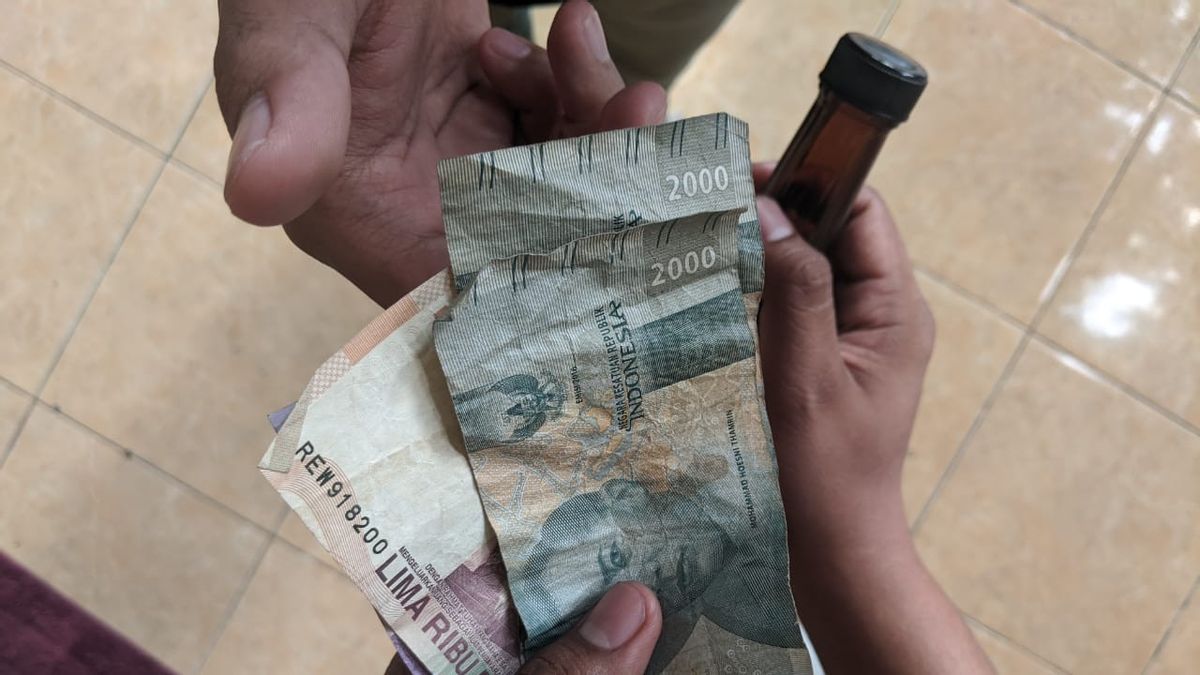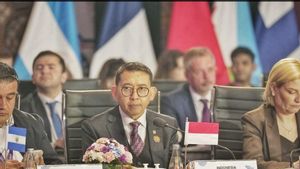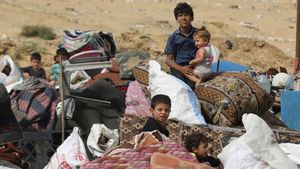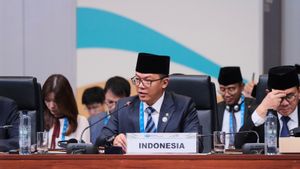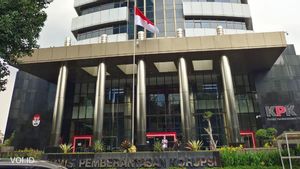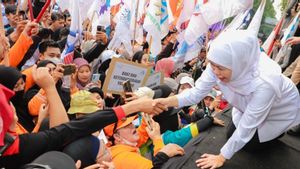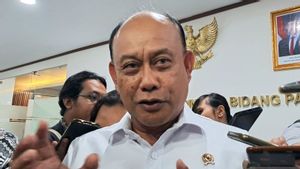JAKARTA - The world health agency, World Health Organization (WHO), there is a possibility that the risk of infection with the corona virus or COVID-19 is transmitted through transactions using banknotes.
Money transactions that frequently change hands are thought to be able to contaminate bacteria and viruses. WHO advises people to switch to cashless or cashless payments.
The province where the most transactions are carried out in the community is DKI Jakarta, especially public transportation such as KRL, Transjakarta, MRT and LRT, as well as the purchase of goods and food. Moreover, many residents of the buffer zone are active in Jakarta during working hours.
The DKI Provincial Government cannot prohibit people from using paper money when making transactions because it is not in their authority. However, the DKI Provincial Government through BUMD Bank DKI also appealed to the public to reduce the use of banknotes in transactions.
"As an effort to reduce the risk of the public being exposed to the corona virus, it is better to conduct non-cash transactions using mobile banking," said Bank DKI Corporate Secretary Herry Djufraini when contacted, Wednesday, March 11.
It is known that the non-cash payment instruments that can be used by the public in making transactions are now various. Starting from Gopay, Ovo, Dana, LinkAja, and others. Meanwhile, bank companies also have non-cash payments such as e-Money from Bank Mandiri, Flazz from BCA, and Brizzi from BRI.
As a regional company, Herry advised the public to use Bank DKI's non-cash payment, namely JakCard for public transportation payments, and JakOne Mobile for other transactions.
"This service can be used to carry out daily necessities transactions at various merchants in collaboration with Bank DKI," he explained.
Responding to this encouragement, economic researcher from the Institute for Development of Economics and Finance (INDEF) Bhima Yudhistira believes that the call for cashless use can still be made in big cities.
"In big cities, if there are calls to use non-cash money and switch from paper money, surely people will flock to make cashless transactions," said Bhima.
If people turn to cashless, what will happen to traders of micro, small and medium enterprises (MSMEs)? Bhima replies that they will of course keep using cash. However, if the transmission of the corona outbreak gets worse, there is a possibility that these small traders will also switch to serving cashless.
"Besides, the cashless push is actually an opportunity to accelerate the digital payment adaptation of these MSMEs," he said.
The English, Chinese, Japanese, Arabic, and French versions are automatically generated by the AI. So there may still be inaccuracies in translating, please always see Indonesian as our main language. (system supported by DigitalSiber.id)
